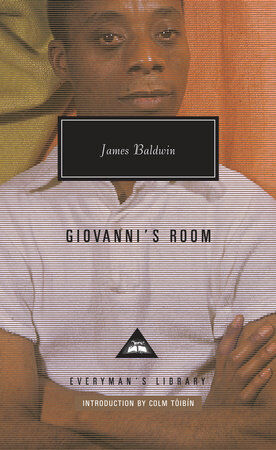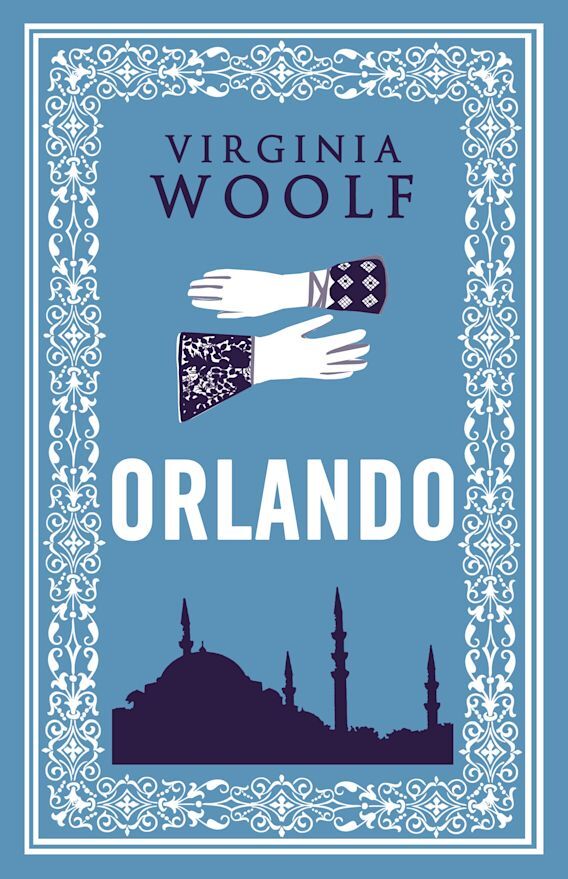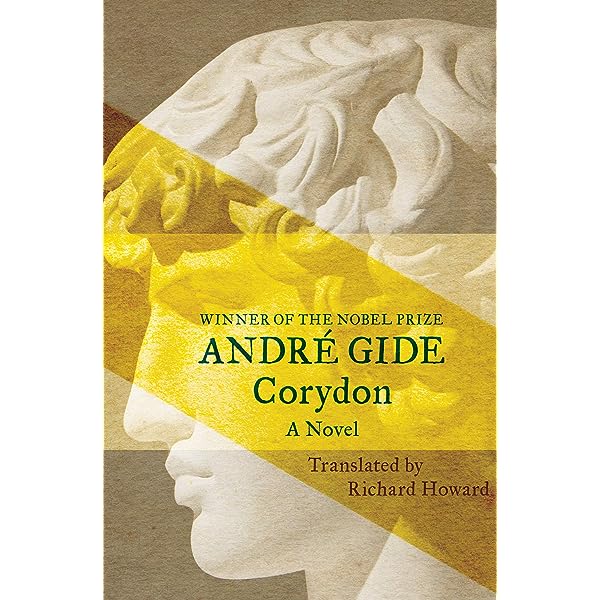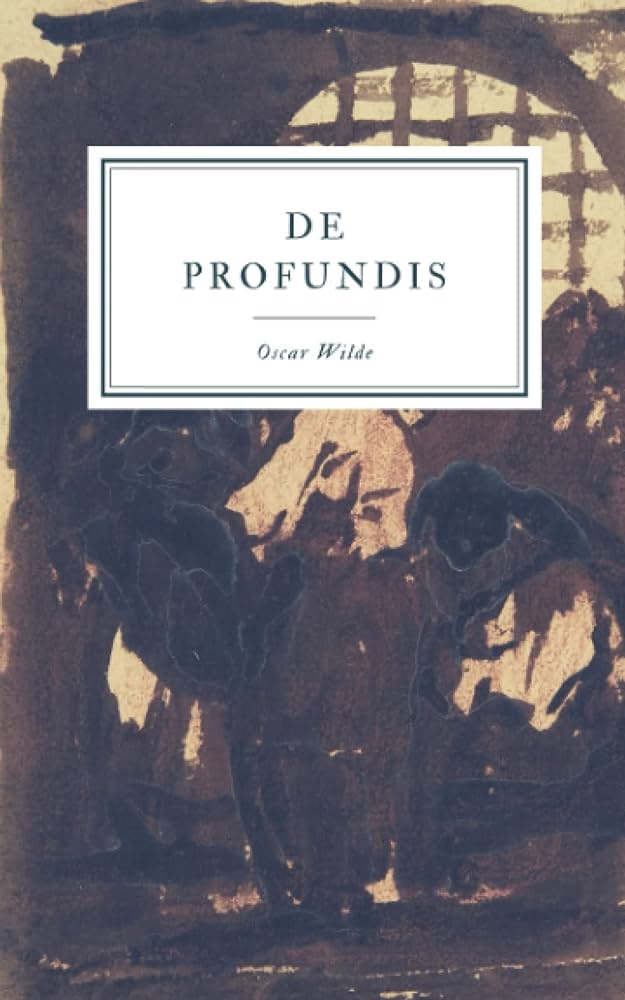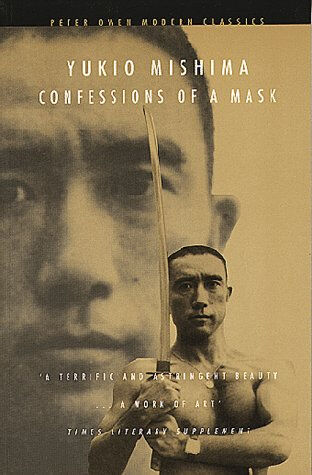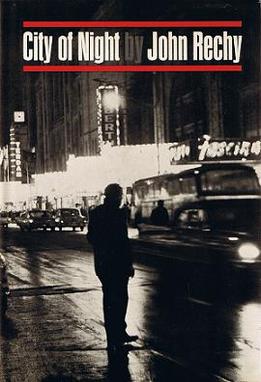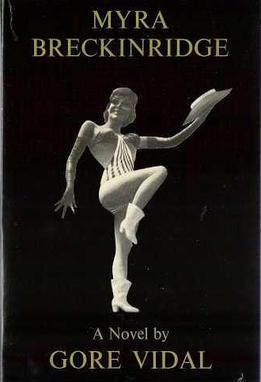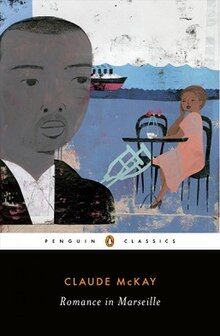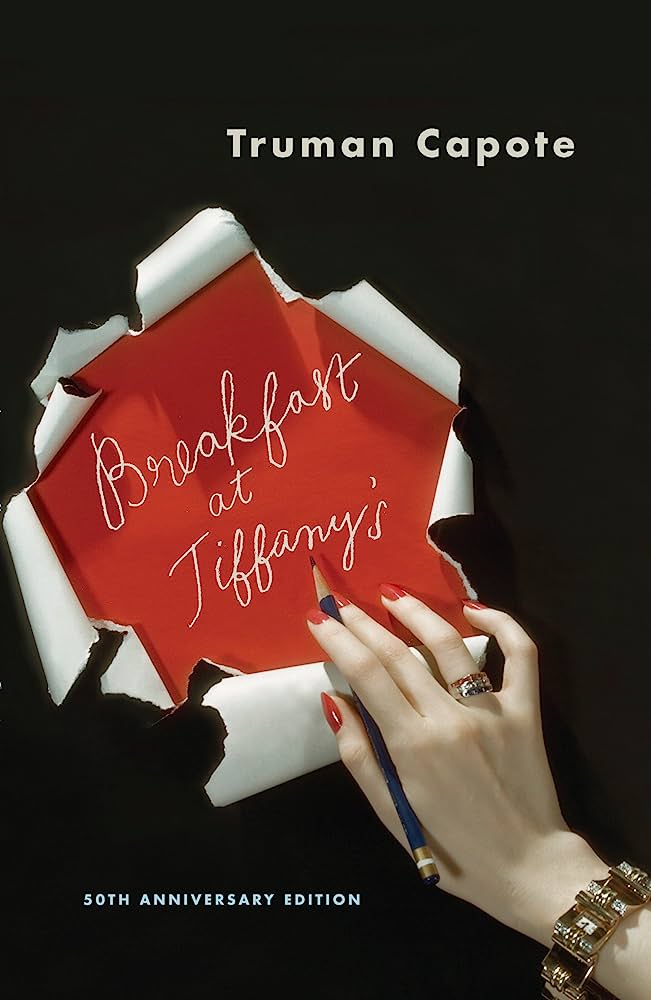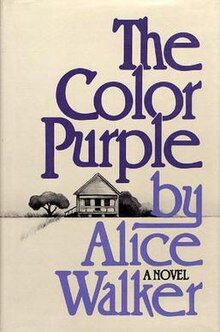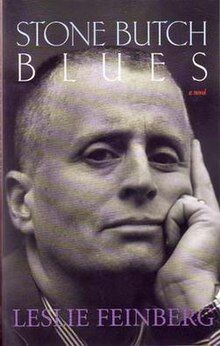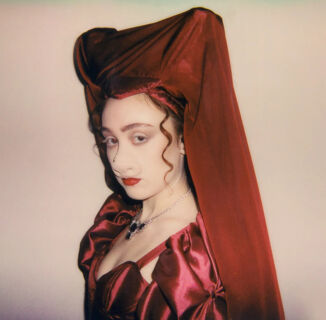You’ve just come out, and you’re wondering where you can find the great literary voices that can help you sort through your queer identity. Good news: when it comes to literature, queer writers are responsible for some of the best fiction ever written. That said, there’s quite a lot of great fiction to wade through. In the words of The Smiths: Where do you start? Where do you go? Who do you need to know? Here’s a primer that might just help get you started.
Related:
Author Jennifer Savran Kelly on Gender Identity and Secret Love Letters
Kelly’s debut novel follows Dawn Levit, a genderqueer bookbinder who discovers a queer love letter in the endpaper of a ‘50s lesbian pulp novel.



